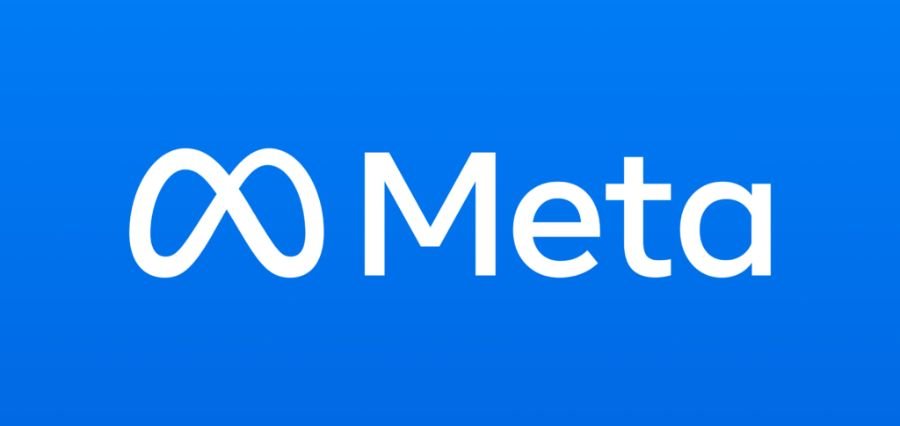Prime Highlights
- Scale AI accidentally utilized public Google Docs to manage very sensitive work for Meta, Google, and xAI.
- The leak happened just weeks subsequent to when Meta spent close to $14 billion for a 49% company stake.
Key Facts
- Thousands of private files were discovered openly accessible, such as internal procedures and project information for leading clients.
- Leaked documents contained proprietary data from Google’s Bard, Meta’s AI tools, and xAI’s chatbot systems.
- Scale AI has since locked down the documents and launched an internal investigation; several clients paused collaborations.
Key Background
Scale AI, a major artificial intelligence contractor, has come under intense scrutiny following revelations that it exposed confidential documents on public Google Docs. The firm, which offers AI training and data labeling to leading tech companies, had earlier received a near $14 billion investment from Meta, which made the social media giant a 49% owner. This had already drawn the ire of other big clients such as Google, xAI, OpenAI, and Microsoft due to fears of potential conflicts of interest and data security.
The controversy intensified when reports surfaced that thousands of internal documents containing sensitive client data were left accessible on publicly shareable Google Docs. These documents included internal training instructions, labeling guidelines, AI prompt lists, and evaluation metrics for AI models from companies like Meta, Google, and Elon Musk’s xAI. One particularly concerning leak was xAI’s “Project Xylophone,” which contained hundreds of system prompts intended to refine its conversational AI.
Contractors who deal with Scale characterized the system as disorganized and inadequately secured. Although project names were anonymized, the information contained often made it straightforward to identify the client in question. Internal feedback, contractor performance data, flagged issues, and even cheating accusations were included in some of the documents and were editable by anyone who possessed the link.
After the leak, Scale AI pulled all public share access, launched an internal investigation, and released statements ensuring that client confidentiality is always a top concern. Although those steps were taken, the damage was already done. Some businesses have gone on record as having suspended or reevaluated their collaborations, concerned about the safety of their proprietary information.
Cybersecurity specialists have described the lapse as a huge breach of faith and warned that such public disclosure opens the door to phishing, impersonation, and cyberattacks. The fiasco has also thrown Meta’s enormous investment into the spotlight, with industry analysts questioning the vetting process and governance in place.
As the fallout persists, rivals in the AI contractor market—like Labelbox and Turing—are likely to gain from the loss of confidence in Scale. If the company will be able to recover from the crisis and restore its reputation, it is unclear.
Read More: Northern Lights Visible in 14 U.S. States on June 25 Because of Severe Solar Storm

